
A. Peyton Smith
Program Lead
Soil Ecology and Biogeochemistry
Assoc. Prof in Dept. of Soil and Crop Sciences
My research focuses on how physical, biological and chemical processes interact at fine scales to alter the flow of carbon and nutrients at larger scales, with a focus on soil microorganisms.
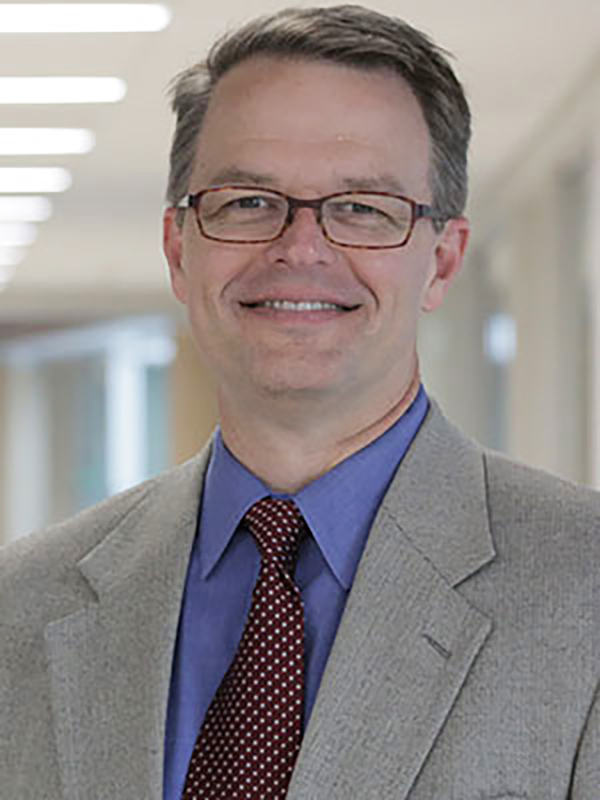
Kelly Brumbelow
Program Co-Lead, Program Evaluator
Assoc. Prof and Associate Department Head
Dept. of Multidisciplinary Engineering
Research interests include water resources planning and management, decision support systems, climate variability and climate change effects, assessing water resources policy.
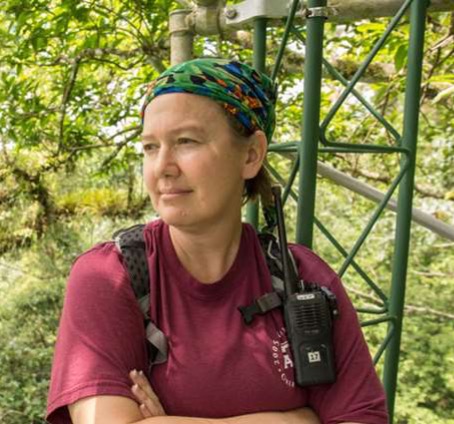
Georgianne Moore
Program Lead 2018 – 2023
Mentor 2011 – 2026
Prof Ecohydrology
Dept. of Biology, Georgia State University
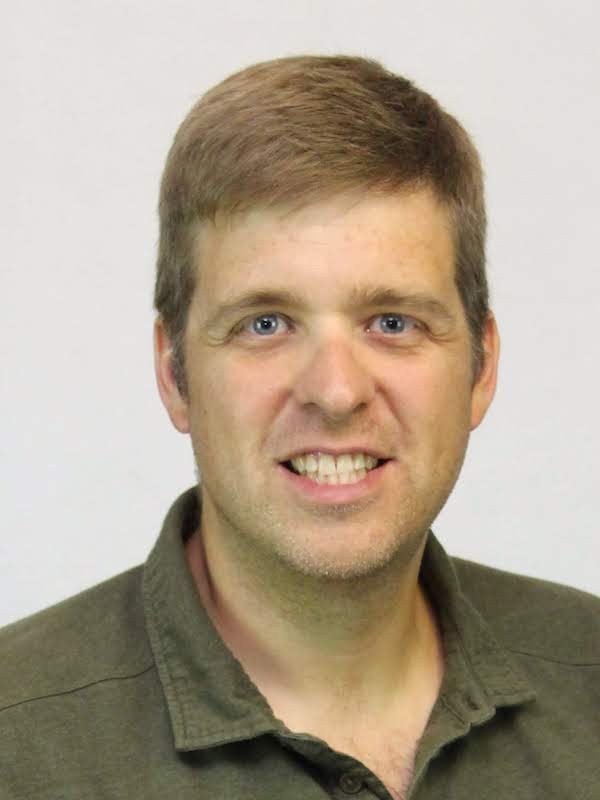
Peter Knappett
Mentor 2018-2026
Assoc. Prof Hydrogeology
Dept. of Geology and Geophysics
Research interests include groundwater-surfact interations, tracers in hydrology, arsenic fate and transport, vulnerability of regional drinking water aquifers.
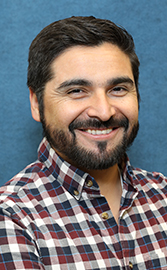
Felipe Aburto Guerrero
Mentor 2023-2026
Assoc. Prof Pedology and Soil Biogeochemistry
Dept. of Soil and Crop Sciences
Research interests include landscape-scale processes, human-soil interactions, and biogeochemical controls on soil mineral weathering, elemental cycling, and soil development.
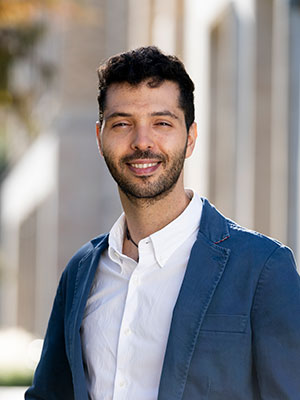
Salvatore Calabrese
Mentor 2023-2026
Assist. Prof Critical Zone Hydrology and Soil Water Science
Dept. Agricultural and Biological Engineering
Research creates mathematical models for quantifying the sensitivity of the hydrologic and biogeochemical cycles to environmental changes and use them to explore innovative land management strategies for local and global sustainability.